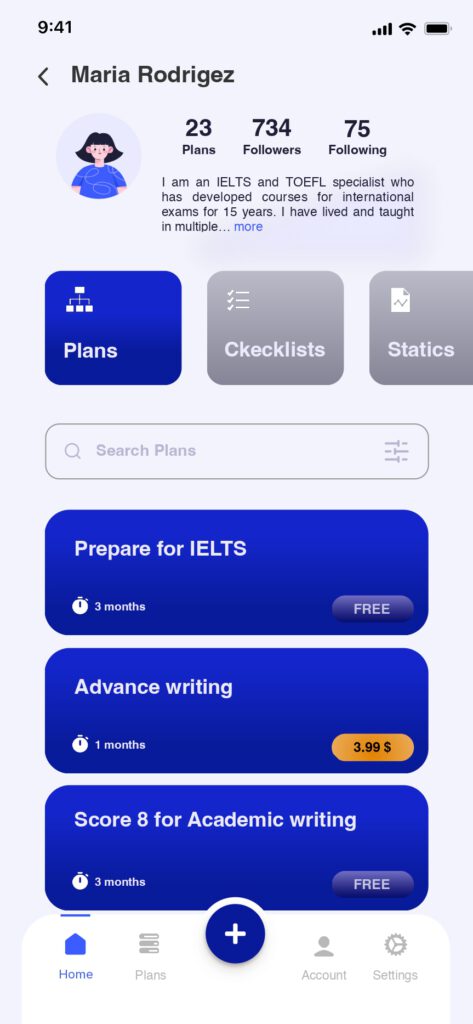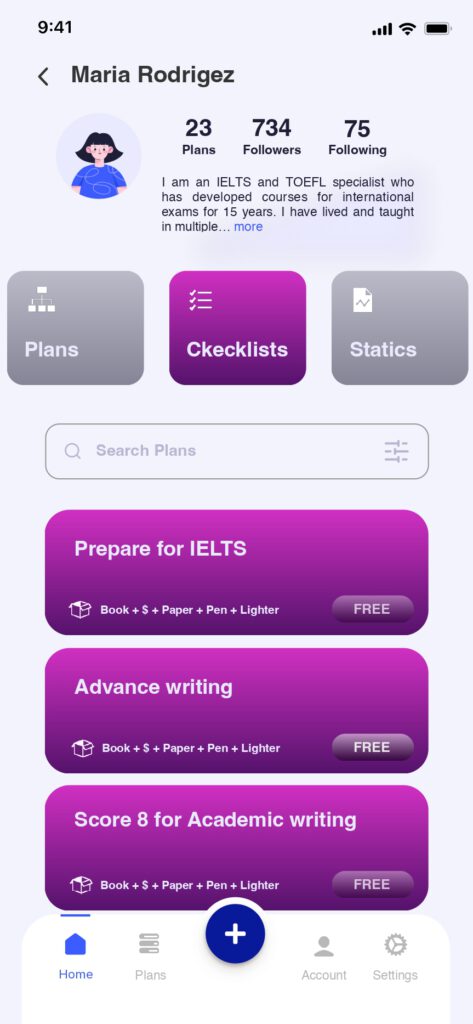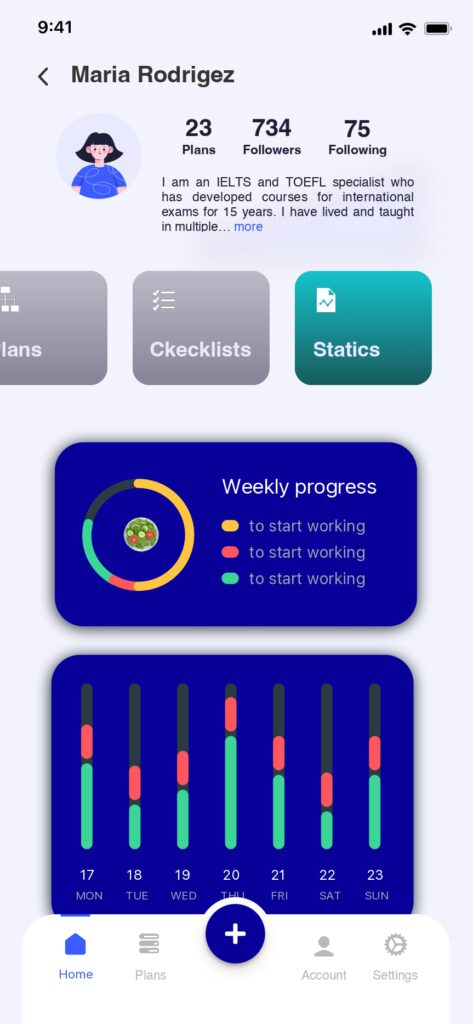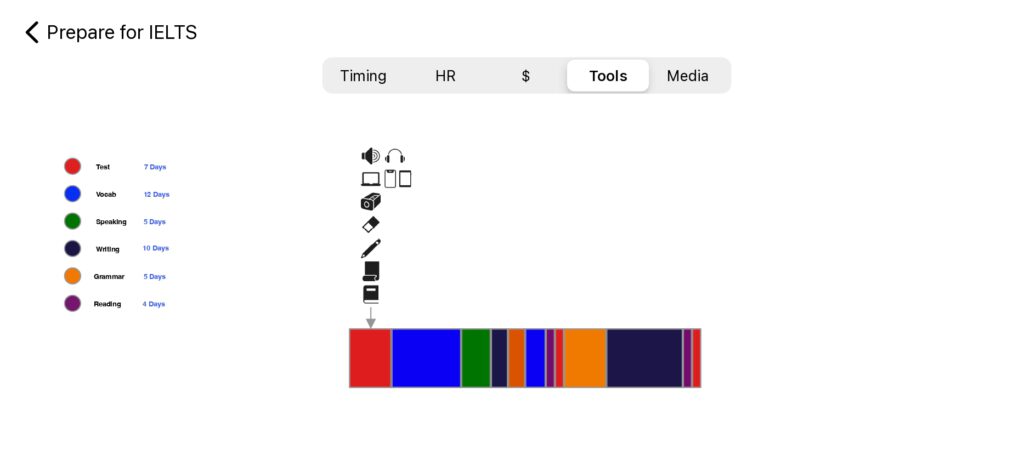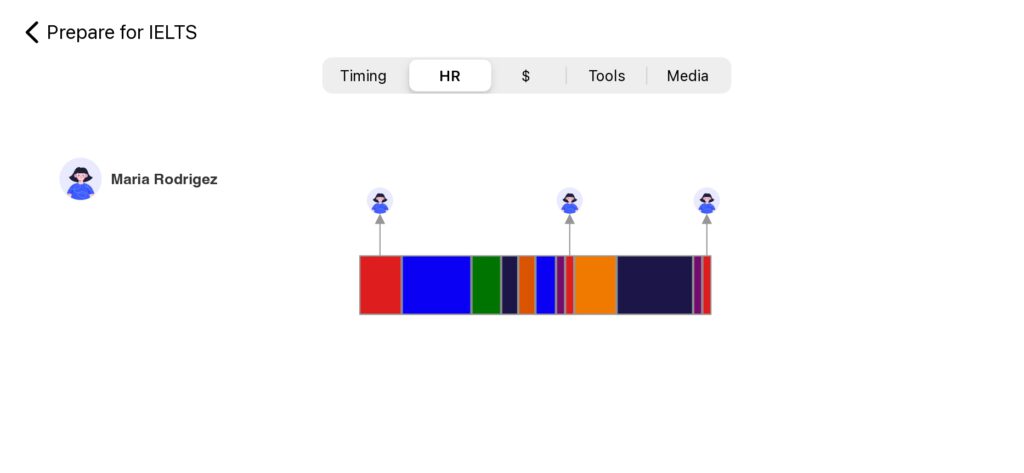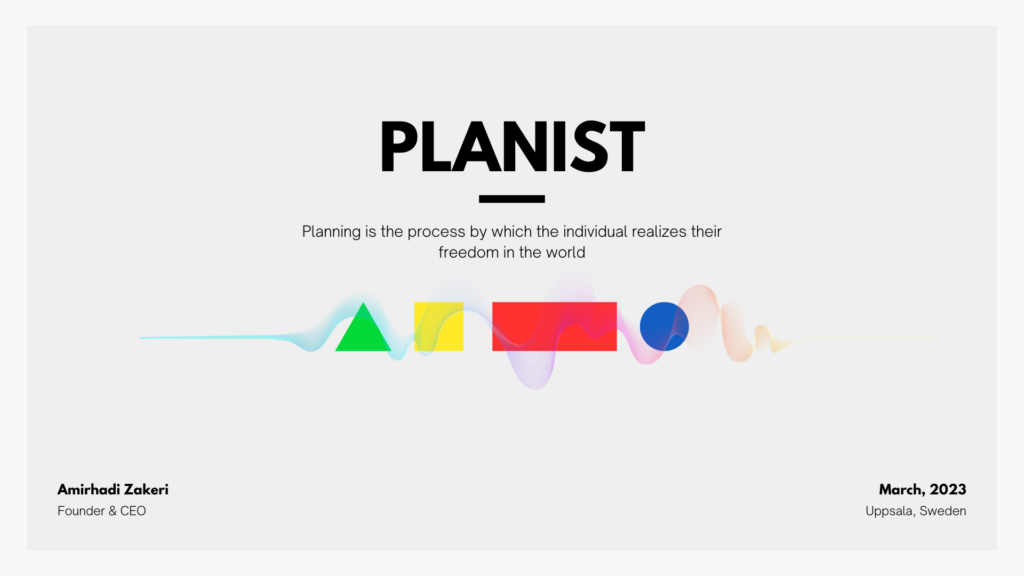
The Planist Story: Revolutionizing Planning with AI
This is the story of Planist, an AI-powered planning platform that would change the way we approach tasks, schedules, and goals – both in business and in our personal lives.
The Genesis of an Idea
In the world of project management, where deadlines and resource constraints dominate, I noticed a fundamental flaw. Traditional planning methods treated tasks and schedules as mere numbers, losing sight of the human element behind each task. This realization, born from years of experience in industrial management, sparked the idea for Planist.
Planist isn’t just another planning tool. It’s a paradigm shift in how we approach organizing our work and lives. By merging cutting-edge AI technology with a deep understanding of human needs and motivations, Planist aims to revolutionize the planning process from the ground up.
The Core Concept: AI-Powered, Human-Centered Planning
At its heart, Planist is an AI-driven platform for creating, sharing, and continuously improving plans. But what sets it apart is its human-centered approach. Here’s a deeper look at the key features that make Planist unique:
- AI-Driven Planning Engine:
- Utilizes advanced machine learning algorithms to generate and optimize plans.
- Considers multiple factors including deadlines, resources, task dependencies, and even user energy levels.
- Continuously learns and improves from user feedback and outcomes.
- Natural Language Interaction:
- Users can describe their goals in plain language, just as they would to a human assistant.
- The AI interprets these descriptions, asks clarifying questions, and translates goals into actionable plans.
- Adaptive Planning:
- Plans are not static documents but living entities that evolve.
- The system monitors progress and automatically suggests adjustments based on changing circumstances.
- Holistic Approach:
- Incorporates often-overlooked factors like personal motivation, energy fluctuations, and work-life balance.
- Aims to create plans that are not just efficient, but sustainable and fulfilling.
- Collaborative Intelligence:
- Facilitates seamless collaboration between team members.
- Balances AI suggestions with human intuition and expertise.
- Plan Marketplace:
- Users can share, discover, and even monetize successful planning templates.
- Creates a community-driven ecosystem of diverse planning strategies.
Technical Deep Dive
AI and Machine Learning Architecture
- Core AI Engine:
- Built on Python using TensorFlow and PyTorch for deep learning capabilities.
- Employs a combination of supervised learning (for task classification and time estimation) and reinforcement learning (for plan optimization).
- Utilizes LSTM (Long Short-Term Memory) networks to understand the sequential nature of tasks and their interdependencies.
- Natural Language Processing (NLP):
- Integrates with OpenAI’s GPT-3 through API calls for advanced language understanding and generation.
- Custom-trained BERT model for domain-specific language processing related to planning and task management.
- Reinforcement Learning for Plan Optimization:
- Uses a Deep Q-Network (DQN) to learn optimal task scheduling strategies.
- Implements a reward system based on plan completion rates, user satisfaction, and efficiency metrics.
- Computer Vision Integration:
- Experimental feature using OpenCV to interpret hand-drawn plans or mind maps.
- Converts visual data into structured plan data for further AI processing.
Backend Architecture
- Microservices Structure:
- Core services built with Node.js and Express.js for scalability and performance.
- Each major function (user management, plan generation, collaboration tools, marketplace) runs as a separate microservice.
- Database Management:
- Primary database: MongoDB for flexible schema design, crucial for storing diverse plan structures.
- Redis for caching and real-time data management.
- PostgreSQL for transactional data related to the marketplace and user accounts.
- Real-time Collaboration:
- WebSocket implementation using Socket.io for live updates and collaboration features.
- Conflict resolution system to manage simultaneous edits to plans.
- API Gateway:
- NGINX as a reverse proxy and load balancer.
- Custom-built API gateway for routing requests, authentication, and rate limiting.
- Machine Learning Pipeline:
- Apache Kafka for streaming data to feed into ML models.
- Kubernetes for orchestrating ML model deployment and scaling.
Frontend Technologies
- Cross-Platform Development:
- React Native for mobile app development, ensuring consistency across iOS and Android.
- Progressive Web App (PWA) built with React.js for web access.
- State Management:
- Redux for centralized state management, with Redux Saga for handling side effects.
- UI/UX Innovations:
- Custom-built drag-and-drop interface for intuitive plan manipulation.
- Dynamic charting library (D3.js) for visualizing plan progress and resource allocation.
- Implementation of haptic feedback in mobile apps for a more engaging user experience.
The Philosophy Behind Planist
Planist isn’t just about leveraging AI; it’s about reimagining the very nature of planning:
- Plans as Living Documents:
- Moving away from static Gantt charts to dynamic, adaptive plans.
- Embracing uncertainty and change as natural parts of the planning process.
- Holistic Life-Work Integration:
- Recognizing that work plans impact personal life and vice versa.
- Striving for balance and fulfillment, not just efficiency.
- Democratizing Expert-Level Planning:
- Making sophisticated planning techniques accessible to everyone.
- Leveraging collective intelligence through the plan marketplace.
- Ethical AI Integration:
- Ensuring transparency in AI decision-making processes.
- Giving users control over how much they rely on AI suggestions.
- Cross-Pollination of Ideas:
- Breaking down silos between different planning domains (e.g., applying agile software development principles to personal goal setting).
Market Potential and Future Trends
- Education Sector:
- Helping students manage complex study schedules and long-term academic goals.
- Potential integration with Learning Management Systems (LMS) for holistic educational planning.
- Personal Development Market:
- Catering to the growing self-improvement and productivity app market.
- Potential partnerships with wellness and fitness apps for comprehensive life planning.
- Startup Ecosystem:
- Offering affordable, AI-powered strategic planning for new businesses.
- Potential to become a standard tool in startup incubators and accelerators.
- Enterprise Solutions:
- Scaling up to offer data-driven insights for large-scale project management.
- Potential integration with existing enterprise resource planning (ERP) systems.
- Gig Economy Support:
- Helping freelancers and gig workers manage multiple projects and clients efficiently.
- Potential to become a central hub for planning in the decentralized workforce.
Innovative Features on the Horizon
- AI-Powered Brainstorming:
- Using generative AI to suggest creative approaches to goal achievement.
- Implementing “what-if” scenario modeling for exploring multiple strategic options.
- Biometric Integration:
- Experimental features to integrate data from wearable devices.
- Adjusting plans based on physical and mental states (e.g., suggesting breaks during low-energy periods).
- Augmented Reality (AR) Planning:
- Developing AR interfaces for more intuitive plan visualization and manipulation.
- Potential for “planning in space” – using physical environments as a canvas for digital plans.
- Predictive Analytics:
- Implementing advanced forecasting models to predict potential roadblocks or opportunities in plans.
- Using historical data to suggest optimal planning strategies for similar projects.
- Emotional Intelligence in Planning:
- Developing natural language processing models to detect user emotions and motivation levels.
- Adjusting plan suggestions and interfaces based on the user’s emotional state.
The Road Ahead
While Planist is still in development, its potential to transform how we approach planning is immense. By combining cutting-edge AI technology with a deep understanding of human needs, Planist is poised to lead a revolution in personal and professional organization.
As we move forward, we’re not just building a planning app. We’re creating a new philosophy of how humans and AI can work together to achieve goals, balance life and work, and ultimately lead more fulfilling lives. The future of planning is adaptive, intelligent, and deeply human – and Planist is at the forefront of this exciting new frontier.
Plan like a pro, Sell your plans, Buy their plans!
